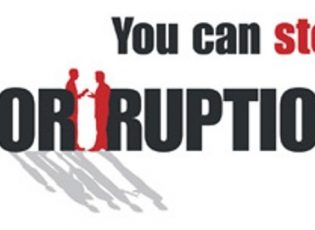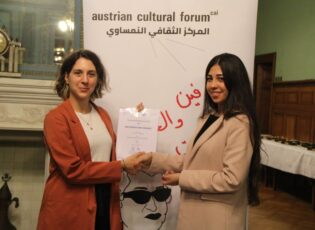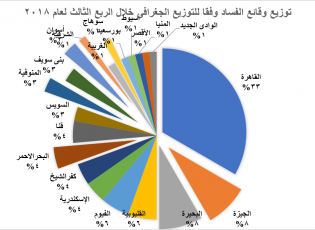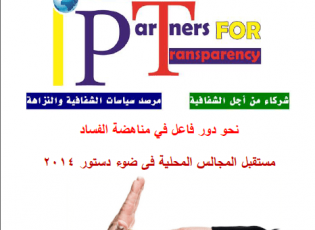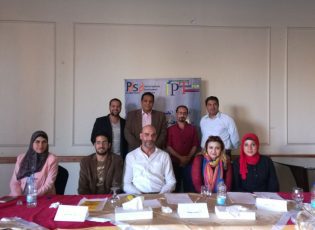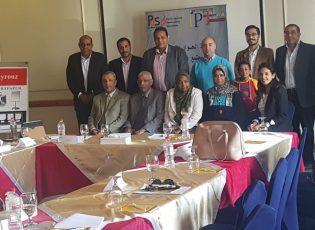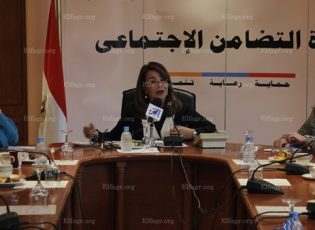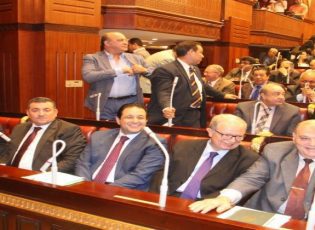Arabic
Osama Saffar Friday 24 March 2017
The Egyptian Civil Society Organizations Coalition held a symposium at the United Nations headquarters in Geneva, on the sidelines of the 34th session of the United Nations Human Rights Council.
On Thursday, the symposium witnessed the unveiling of the report prepared by the coalition to assess the human rights situation in Egypt, in light of the recommendations of the universal periodic review, “which covers the period from March 2015 until the end of January 2017, which is a mid-term evaluation report to follow up on the extent of the Egyptian government's commitment to implementing the recommendations made. I accepted it ... two years ago.
The symposium began with a word of welcome and introduction to the alliance, where Ayman Aqil, president of the Maat Foundation for Peace and Development, indicated that the alliance is an important way out of the outputs of the UPR project as a tool to improve public policies during the transitional phase that the Maat Foundation is implementing with funding from the European Union
Aqeel emphasized that the methodology adopted by the coalition as a means of change and improvement of human rights conditions is "dialogue" and the separation between what is political and what is human rights, and working under the umbrella of the law even if its provisions are not favorable, while seeking to change these provisions by legitimate means.
In a detailed speech, he dealt with some of the axes related to civil and political rights mentioned in the report, and pointed out that developments in the axes of combating terrorism, the behavior of law enforcement agencies, and the right to organize and peaceful assembly are characterized by both positive and negative aspects.
He gave an example of the multiplicity of incidents of referring officers involved in torture to trials and the issuance of harsh sentences against some of them, which is a positive feature, but the negative side is that the definition of the crime of torture has not been amended in the Penal Code yet.
Dr. Walaa Gad Al-Karim, Secretary-General of the Partners for Transparency Foundation and Vice Chair of the Board of Trustees of the Alliance, and the reporter of the report preparation committee, said that the report is based on the recommendations that the Egyptian government fully and partially accepted or took note of, and is divided into 25 axes that cover all the issues subject to recommendations. Each axis monitors the constitutional framework and the relevant legislative and procedural developments during the period covered by the report.
In his speech, Gad Al-Karim addressed some themes related to freedom of belief, freedom of opinion and expression, combating corruption, and economic and social rights, indicating the need for legislative frameworks for further amendment to cope with the requirements for fulfilling the Egyptian government's pledges before the universal periodic review mechanism in these axes.
He noted that the public policies adopted, restructuring and financial reform processes had a tangible negative impact on government spending rates on social services, especially the health and education sectors.
Dr. May Al-Talawy, head of the Egyptian Leadership Foundation for Development, a member of the Alliance, referred to the issues related to women, children, people with disabilities and youth in the report.
She stated that legislative developments were monitored with regard to combating female genital mutilation and the educational rights of people with disabilities, and measures had been adopted to address the issue of street children, but that was not enough, as the problem of child labor in hazardous occupations still persists, and there is a lack of access to opportunities for people with disabilities. Work, and domestic violence against women is still not criminalized.




